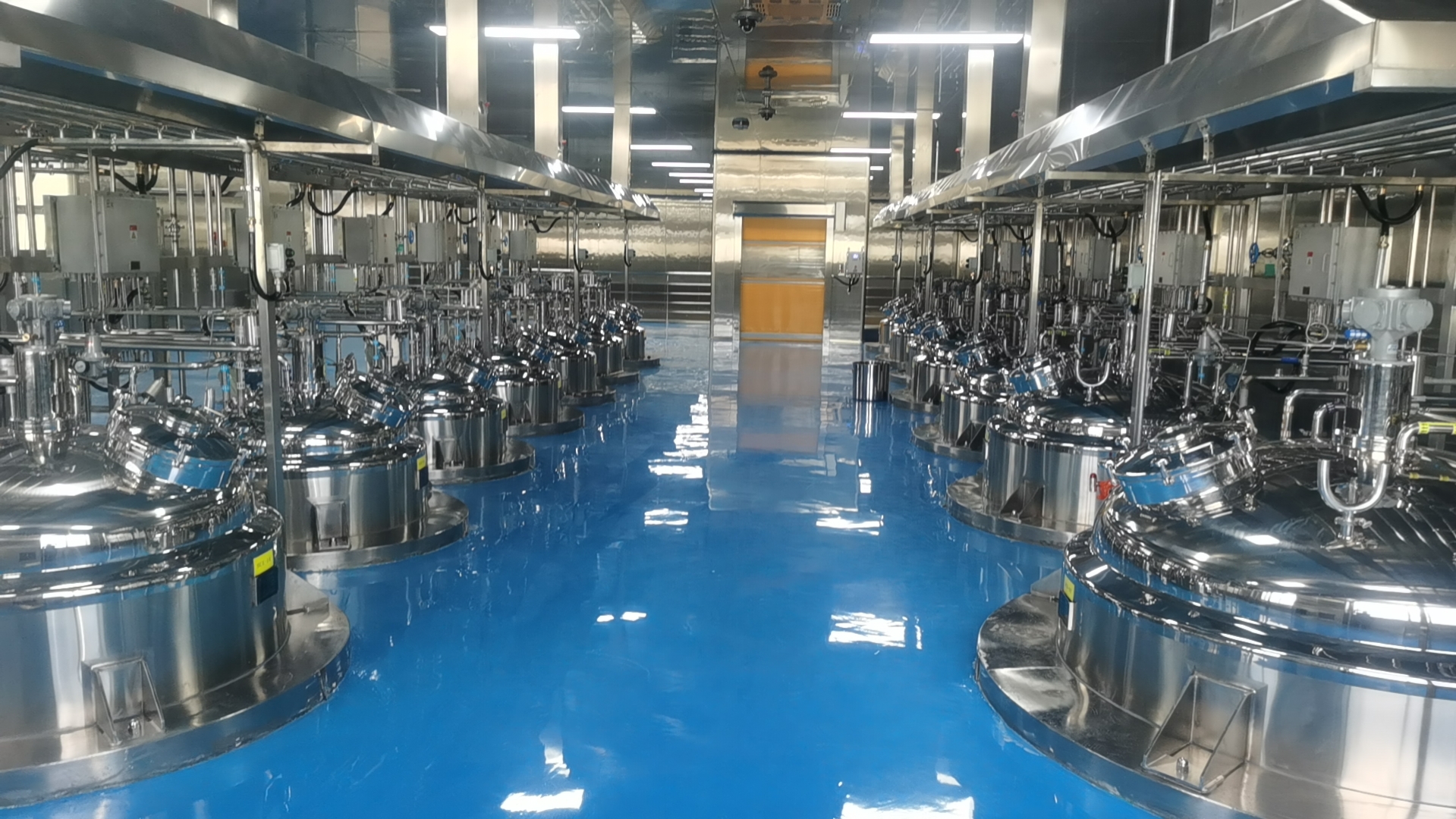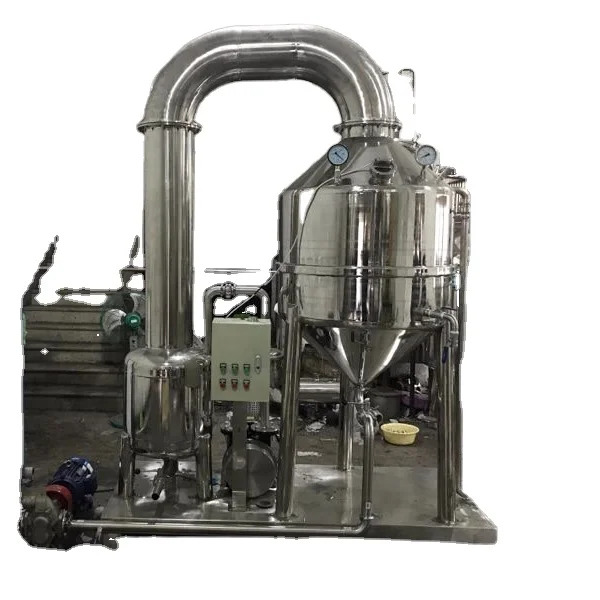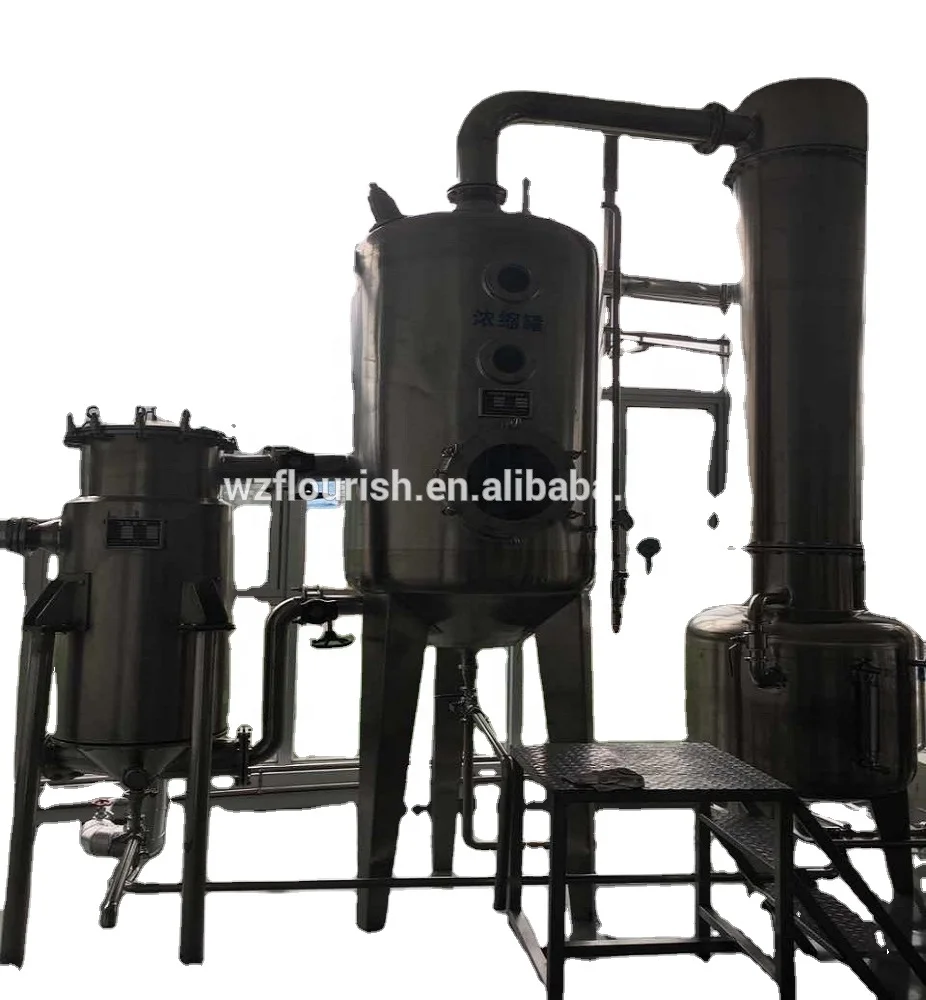
ABOUT
Wenzhou Vince Machinery Science Co., Ltd. was established in early 1980s. Our company covers an area of 6500 square meters and is an independent legal representative firm, possessing rich economic technology strength. Our company is a high tech enterprise and plays an important role in national dairy, foodstuff, pharmacy and machinery industries. We are a beverage machinery supplier.
Since the establishment, our company has mainly engaged in dairy products, foodstuff, beverage machinery, bean products, yellow wine, medicines and fermentation projects. What's more, our company supplies a complete sequence services in manufacturing, installation, test and personnel train, as well as the whole direction service design and consulting service on product project construction or enlargement artistic distribution engineering sets budget.
Fermentation Tanks Shaping Our Food Future
Enhanced Efficiency and Scalability
Modern fermentation tanks allow for precise control over environmental factors like temperature, pH, and oxygen levels. This precision significantly increases the efficiency of fermentation processes, leading to higher yields and improved product quality. Furthermore, the scalability offered by these tanks allows for mass production of fermented foods and ingredients, making them more readily available to consumers worldwide. This increased accessibility contributes to a more diverse and nutritious food supply.
The automation capabilities integrated into many modern tanks further enhance efficiency. Automated monitoring and control systems minimize human intervention, reduce labor costs, and maintain consistent product quality throughout large-scale production runs. This consistency is vital for establishing brand trust and meeting the demands of a global marketplace.
Expanding the Range of Fermented Products
Beyond traditional fermented foods, advanced fermentation tanks are enabling the production of novel foods and ingredients. Scientists are leveraging precision fermentation to create sustainable alternatives to meat, dairy, and other animal products. These "cellular agriculture" approaches use microorganisms to produce proteins and other valuable compounds, offering a more environmentally friendly and ethically sound source of nutrition.
Furthermore, fermentation tanks are crucial in the production of enzymes, probiotics, and other functional food ingredients. These ingredients are increasingly sought after for their potential health benefits, further showcasing the versatility and growing importance of fermentation technology in the food industry.
Sustainability and Environmental Benefits
Fermentation is inherently a more sustainable process than many traditional food production methods. It typically requires less land, water, and energy than conventional agriculture. Modern fermentation tanks, with their optimized processes and reduced waste, further amplify these environmental benefits. The potential for reducing reliance on resource-intensive animal agriculture makes fermentation a key player in building more sustainable food systems.
Moreover, fermentation contributes to reducing food waste. By preserving and extending the shelf life of food products, fermentation helps minimize spoilage and prevents unnecessary disposal, thereby reducing the overall environmental impact of food production and consumption.
SUBSCRIBE
INQUIRY





